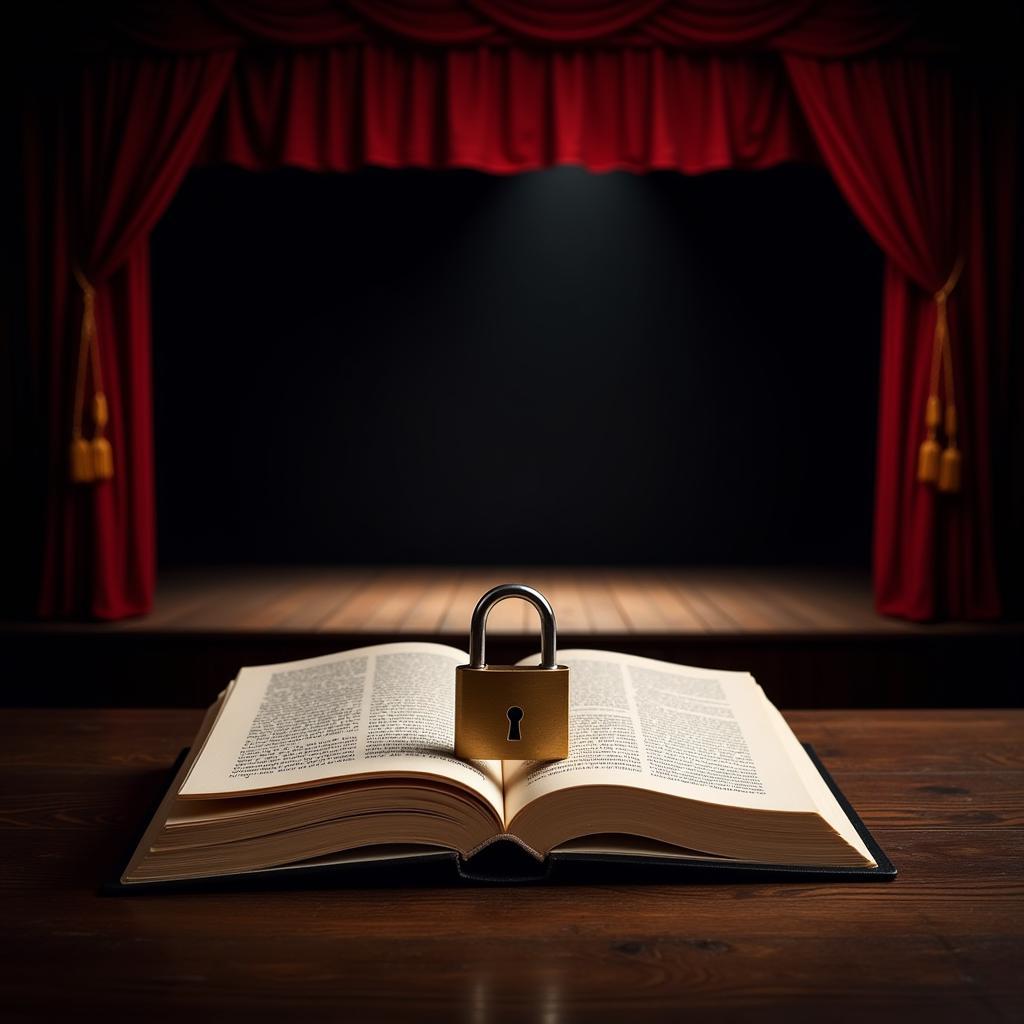Censorship, the suppression of speech, information, or artistic expression, significantly impacts society in multifaceted ways. It shapes public discourse, influences access to knowledge, and can have profound effects on individual freedoms and the overall health of a democracy. Understanding how censorship affects society is crucial for promoting open dialogue and protecting fundamental rights.
The Ripple Effects of Censorship: From Individual to Global Impact
Censorship can take many forms, from government restrictions on media to social media platforms removing content. Its effects ripple through society, touching individuals, communities, and even international relations. One of the most immediate impacts is the restriction of freedom of expression. When individuals fear repercussions for voicing their opinions, self-censorship can become rampant, stifling creativity and critical thinking. This can lead to a chilling effect, where people hesitate to discuss important issues, hindering societal progress and preventing the free exchange of ideas.
- Limited Access to Information: Censorship prevents individuals from accessing a full spectrum of information, creating a skewed perspective and hindering informed decision-making. This can be particularly harmful in areas like health, politics, and social issues, where access to accurate information is crucial for personal well-being and civic engagement.
- Erosion of Trust: When information is controlled or manipulated, it erodes trust in institutions, media outlets, and even interpersonal relationships. This can lead to cynicism and disengagement, making it harder to address societal challenges collaboratively.
- Suppression of Dissent: Censorship can be used to silence dissenting voices and maintain the status quo, preventing social change and hindering the progress of human rights. By suppressing criticism, those in power can avoid accountability and maintain control.
How Censorship Impacts Different Aspects of Society
Censorship’s reach extends far beyond individual expression, impacting various facets of society. From education and the arts to economic development and political stability, its effects are far-reaching and often interconnected.
The Impact on Education and Artistic Expression
Censorship in education can limit students’ exposure to diverse perspectives and critical thinking, hindering their intellectual development. Similarly, censorship in the arts can stifle creativity and prevent artists from exploring important social themes. This can lead to a homogenization of culture and a suppression of artistic innovation.
- Distorted Historical Narratives: Censorship can manipulate historical narratives, shaping public understanding of the past and influencing present-day perspectives. This can be particularly damaging in societies grappling with historical injustices.
- Economic Implications: Censorship can negatively impact economic development by restricting the flow of information, hindering innovation, and creating an environment of uncertainty. A free flow of information is essential for a healthy market economy.
 Censorship's Impact on Education and the Arts
Censorship's Impact on Education and the Arts
The Role of Technology and the Internet
The internet has become a battleground for censorship, with governments and corporations vying for control over information. While technology can be a tool for circumventing censorship, it can also be used to enhance surveillance and control. This creates complex challenges for individuals and organizations working to promote freedom of expression online.
- The Rise of Misinformation: The proliferation of misinformation and disinformation online is a significant concern, and censorship can be a double-edged sword. While removing harmful content is important, overly broad censorship can stifle legitimate debate and contribute to the spread of conspiracy theories.
Navigating the Complexities of Censorship in a Globalized World
How Does Censorship Affect Society in a globalized world? The interconnected nature of the internet makes censorship a transnational issue, with implications for international relations and cross-cultural understanding. Finding a balance between protecting free speech and preventing harm is a complex challenge that requires global cooperation and ongoing dialogue.
Dr. Anya Sharma, a renowned sociologist specializing in digital communication, notes: “Censorship, while seemingly a simple act of restriction, is a complex societal phenomenon with profound implications for individual freedoms, democratic processes, and the very fabric of our shared human experience. Understanding its nuanced impact is crucial for fostering open societies.”
Conclusion
How does censorship affect society? It limits access to information, stifles creativity, erodes trust, and hinders social progress. Understanding the multifaceted impact of censorship is crucial for advocating for freedom of expression and building a more open and democratic society. While censorship might be employed with good intentions, its negative consequences often outweigh the perceived benefits, highlighting the importance of open dialogue and the free exchange of ideas.
FAQ
- What are the different types of censorship?
- How can censorship be combated?
- What are the legal implications of censorship?
- How does censorship affect marginalized communities?
- What is the difference between censorship and content moderation?
- How does self-censorship impact society?
- What are the long-term effects of censorship on a nation?
Looking for more information on related topics? Explore our other articles on freedom of speech, digital rights, and media literacy.
Need support? Contact us at Phone: 02043854663, Email: [email protected] or visit us at Khu 34, Bac Giang, 260000, Vietnam. We have a 24/7 customer support team.